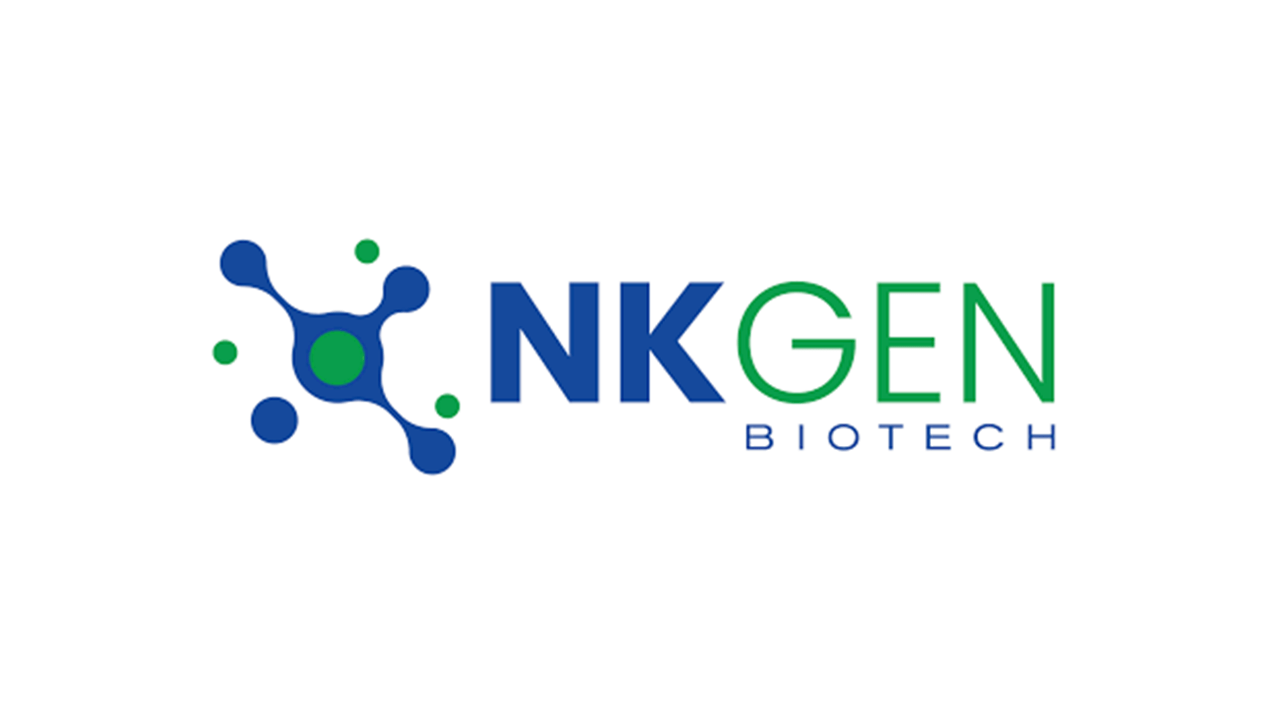
Why Skills-First Leadership Is Replacing the Ivy League Playbook in the C-Suite
The old prestige pyramid—where Ivy League degrees and blue-chip consulting backgrounds paved the way to the CEO seat—is cracking.

NKGen Biotech, Inc., a clinical-stage biotechnology company focused on developing and commercializing innovative natural killer (NK) cell therapies, today announced the closing of its previously announced business combination with Graf Acquisition Corp. IV (GRAF).
This transaction resulted in NKGen becoming a publicly traded company on the Nasdaq Global Market under the “NKGN.”
NKGen’s NK cell therapies are designed to harness the power of the body’s immune system to fight cancer and other diseases. NK cells are a type of white blood cell that play a critical role in innate immunity, the body’s first line of defense against infection.
NKGen’s lead NK cell therapy candidate, SNK02, is an allogeneic NK cell therapy currently being evaluated in a Phase I clinical trial to treat solid tumors. NKGen is also developing autologous NK cell therapies for treating neurodegenerative diseases, such as Alzheimer’s disease and Parkinson’s disease.
The closing of this business combination provides NKGen with the financial resources and public market visibility necessary to accelerate the development and commercialization of its NK cell therapies.
“We are excited to complete this business combination and become a publicly traded company,” said Paul Y. Song, M.D., CEO of NKGen. “This transaction will allow us to expand our clinical programs, accelerate our manufacturing capabilities, and build a world-class team to bring our NK cell therapies to needy patients.”
NKGen’s business combination with GRAF is a significant milestone for the company and the field of NK cell therapy. It represents a vote of confidence in NKGen’s innovative platform and its potential to transform cancer treatment and other diseases.

The old prestige pyramid—where Ivy League degrees and blue-chip consulting backgrounds paved the way to the CEO seat—is cracking.

Loud leaders once ruled the boardroom. Charisma was currency. Big talk drove big valuations.

But the CEOs who make history in downturns aren’t the ones with the deepest cuts

Companies invest millions in leadership development, yet many of their best executives leave within a few years. Why?

The most successful business leaders don’t just identify gaps in the market; they anticipate future needs before anyone else.

With technological advancements, shifting consumer expectations, and global interconnectedness, the role of business leaders

Following a distinguished Law Enforcement career Joe McGee founded The Securitatem Group to provide contemporary global operational specialist security and specialist security training products and services for private clients, corporate organisations, and Government bodies. They deliver a wide range of services, including complete end-to-end protection packages, close protection, residential security, protection drivers, and online and physical installations. They provide covert and overt investigations and specialist surveillance services with a Broad range of weapons and tactical-based training, including conflict management, risk and threat management, tactical training, tactical medicine, and command and control training.

Jay Wright, CEO and Co-Owner of Virgin Wines infectious energy, enthusiasm, passion and drive has been instrumental in creating an environment that encourages talent to thrive and a culture that puts the customer at the very heart of every decision-making process.

Fabio de Concilio is the visionary CEO & Chairman of the Board at Farmacosmo, a leading organization dedicated to mental health and community support services. With a deep commitment to identifying and meeting customer needs, Fabio ensures that high standards are maintained across the board.

Character Determines Destiny – so said Aristotle. And David CM Carter believes that more than anything else. For David, it has been numerous years of research into codifying Entelechy Academy’s 54 character qualities that underpin everything he stands for as a leader and teacher.


Leave us a message
Subscribe
Fill the form our team will contact you
Advertise with us
Fill the form our team will contact you